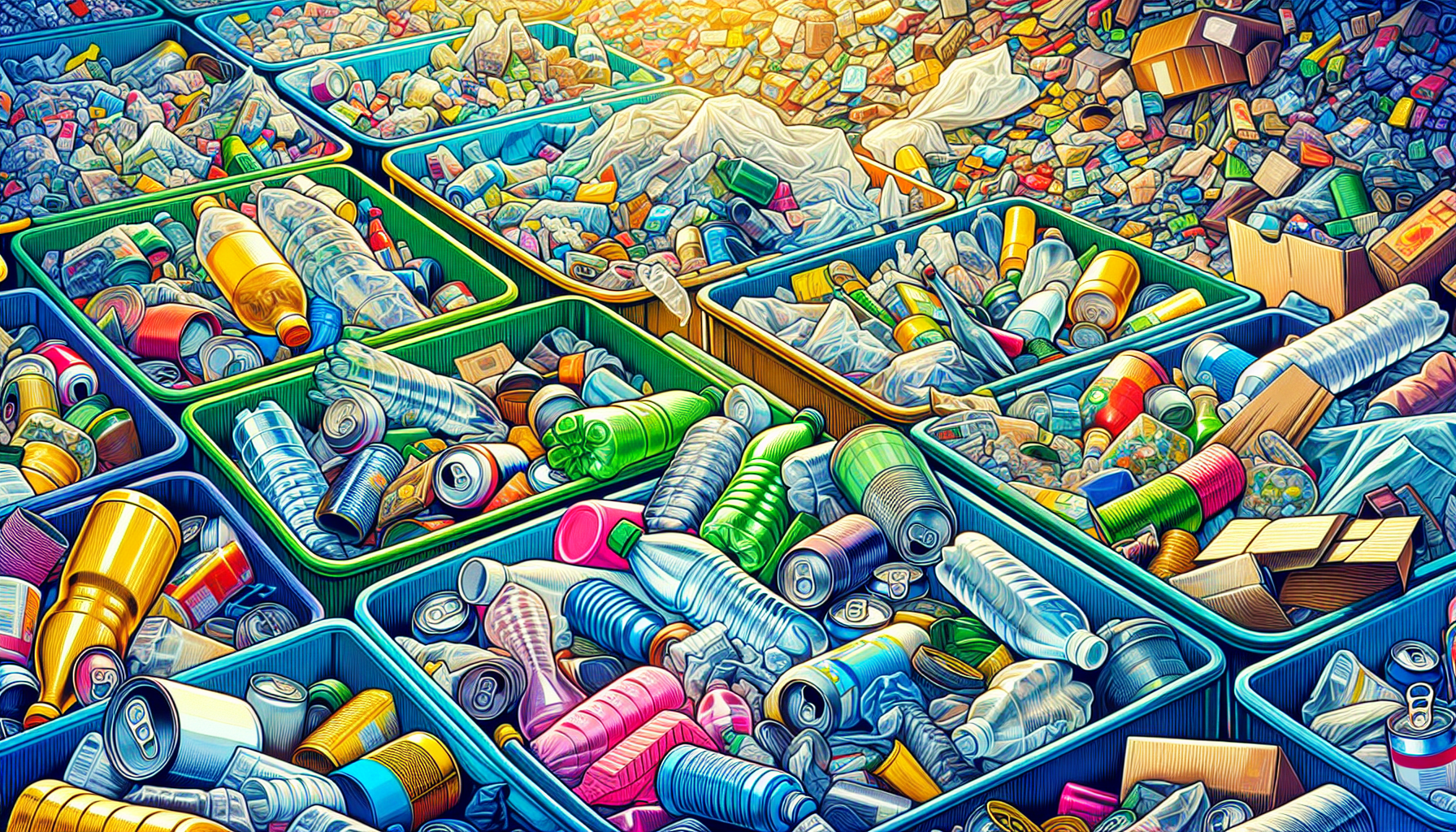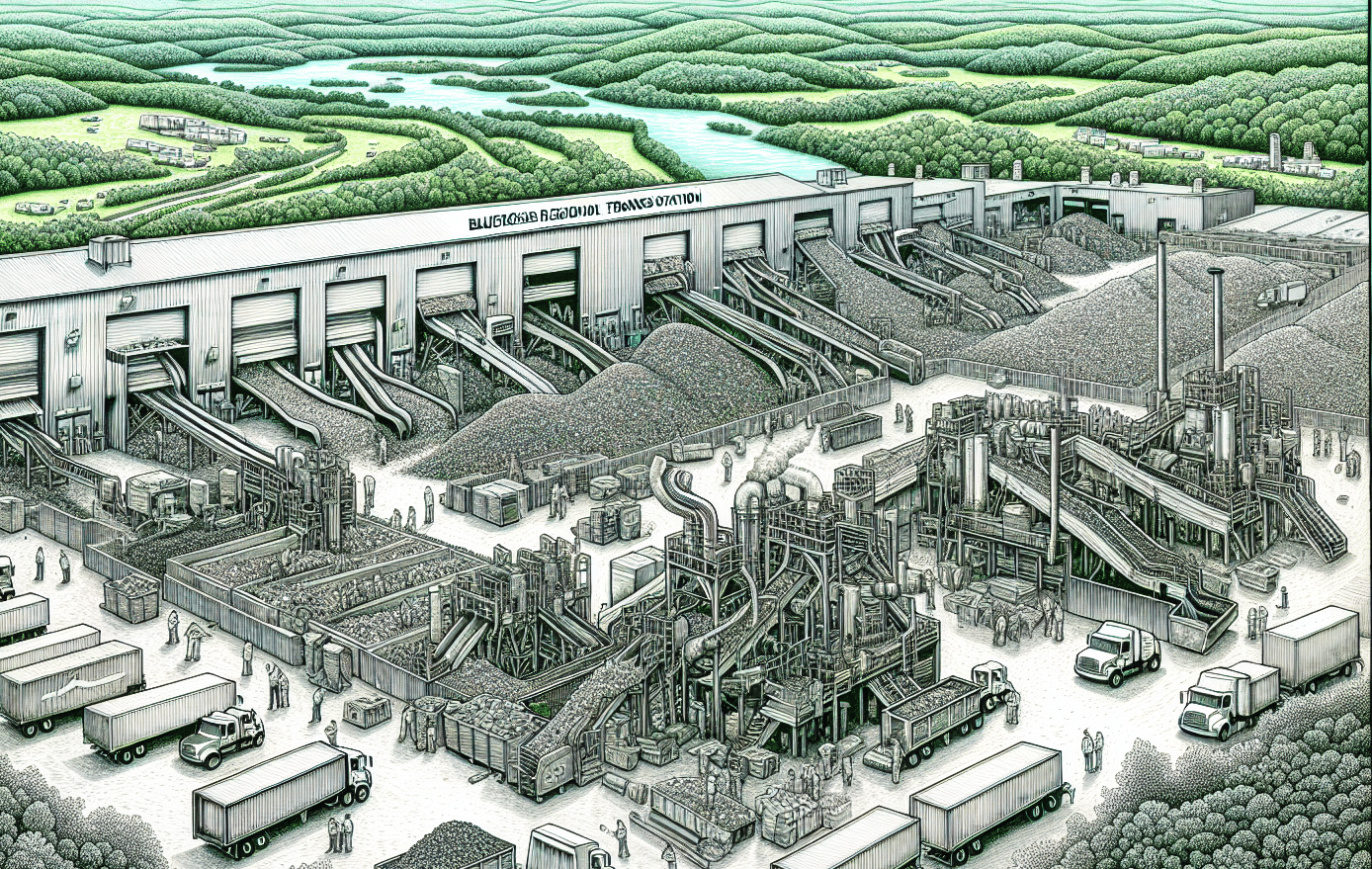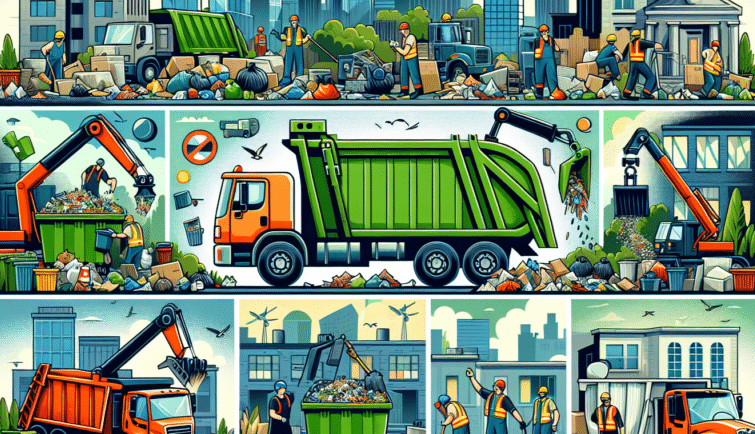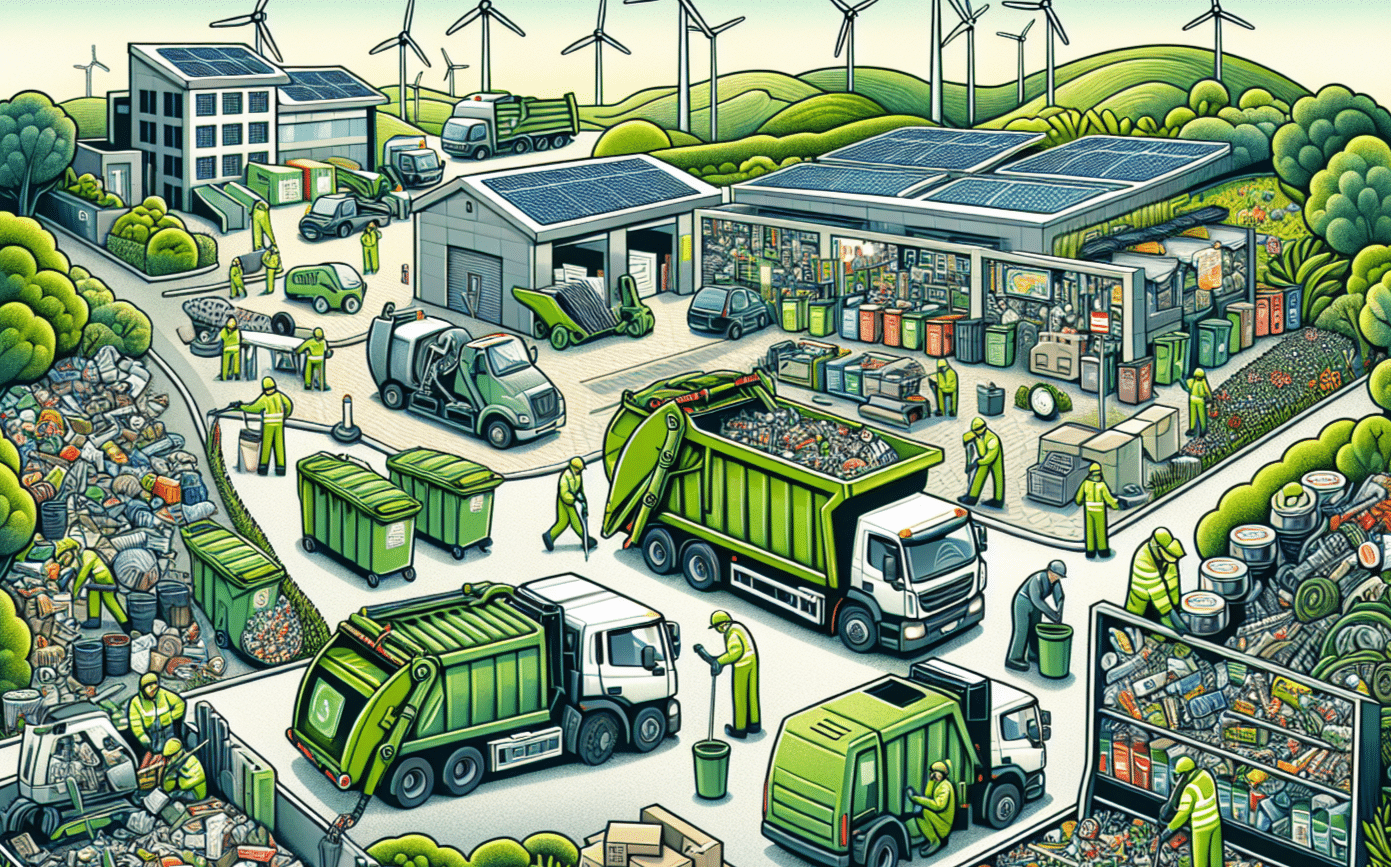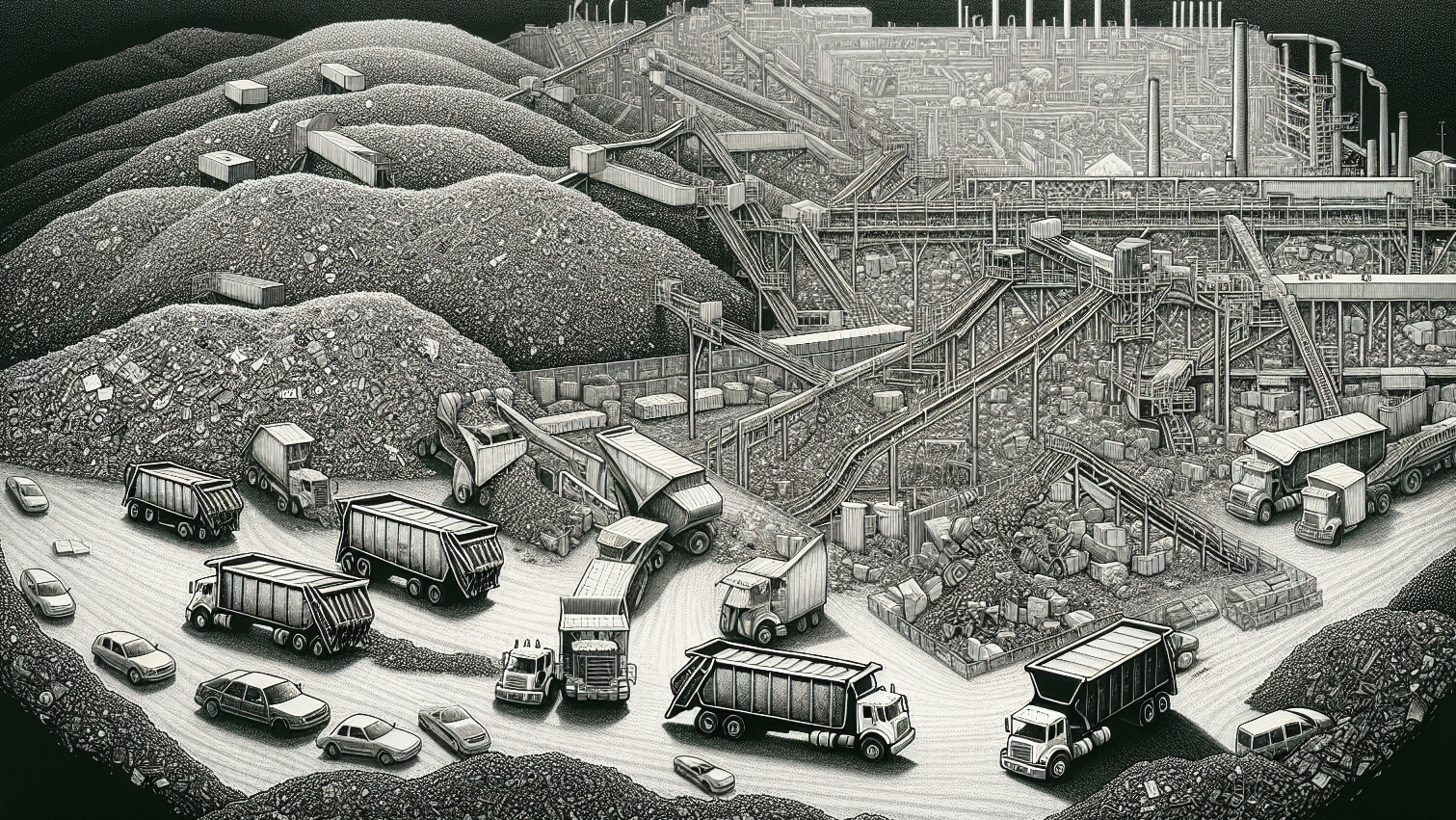Need to recycle your company’s computers safely and sustainably? This guide covers everything from secure data destruction to choosing the right company computer recycling partner. Learn how to manage your e-waste responsibly while ensuring compliance and protecting the environment.
Key Takeaways
- STS Electronic Recycling and similar companies offer comprehensive services for the responsible management of electronic waste, including collection, transportation, and processing.
- Secure data destruction is crucial for compliance with legal regulations and effective protection from information breaches.
- Choosing a certified and reliable computer recycling company is essential for effective e-waste management.
Comprehensive Computer Recycling Services for Businesses

Businesses need proper solutions for managing electronic waste, which cover collection, transportation, and processing. Companies like STS (Surplus Technology Solutions) Electronic Recycling ensure that businesses can dispose of their computers and other electronic devices responsibly. Companies such as STS simplify the intricacies of e-waste management through their wide range of recycling services. In addition, companies like STS provide detailed tracking and reporting, making certain that every step of the recycling process is conducted in an environmentally responsible manner. This level of transparency builds trust and guarantees compliance with environmental regulations, making it easier for businesses to meet their sustainability goals.
Data Destruction: Ensuring Security and Compliance
Improper data destruction can leave businesses vulnerable to information breaches, potentially leading to severe financial and reputational damage. Any business dealing with sensitive data must comply with legal regulations like HIPAA and GDPR. The National Institute of Standards and Technology (NIST) recommends using a certified third-party provider for data destruction to ensure compliance. Certificates of destruction serve as legal proof that data has been securely destroyed, helping businesses avoid liability and demonstrate adherence to data destruction policies.
Benefits of Responsible Electronics Recycling

Responsible electronics recycling offers numerous environmental and economic benefits. By choosing to recycle electronics, we:
- Conserve natural resources
- Reduce the need for new material extraction, which helps avoid air and water pollution
- Properly manage hazardous substances found in many electronic devices, which can pose significant health risks if not properly managed.
The economic benefits of e-waste recycling are equally compelling. The industry creates job opportunities in both the formal and informal sectors, contributing to economic growth. Additionally, e-waste contains valuable metals and rare earth elements that can be recovered and reused, reducing the need for new resource extraction and supporting a circular economy.
Choosing the Right Computer Recycling Company
Choosing the appropriate computer recycling company is pivotal to guarantee responsible and secure handling of your e-waste. One of the first steps is to verify the company’s certifications, such as e-Stewards and ISO standards, which indicate adherence to industry best practices. Additionally, customer reviews and testimonials are invaluable resources for gauging the reliability and service quality of a recycling company. These insights can help you determine whether a company consistently meets its clients’ needs and expectations, providing quality services. It is also important to inquire whether the recycling company manages the entire process in-house or outsources to downstream vendors, as this can impact the overall quality and security of the service.
The Process of Computer Recycling
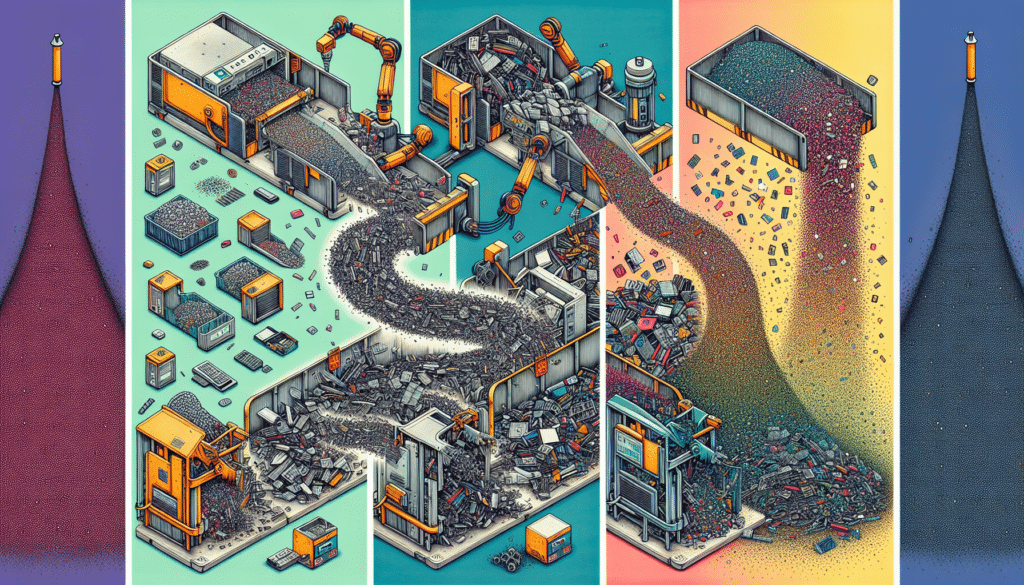
Grasping the computer recycling process is vital for recognizing the intricacy and significance of accountable e-waste management. The first step in this process is the pre-processing phase, where hazardous items such as batteries, toner/ink, mercury bulbs, and cathode ray tubes are manually removed and disposed of in a compliant manner.
Following the removal of hazardous materials, the remaining computer equipment is fed into automated industrial shredders. These shredders break down the equipment into large pieces, making it easier to sort and process the materials. This shredding phase is critical for ensuring that data stored on hard drives and other media is irretrievably destroyed, contributing to secure data destruction efforts.
The final steps of the recycling process involve sorting the shredded e-waste using technologies such as magnets, eddy currents, infrared cameras, and air jets to separate the different materials. Once sorted, the separated commodities like metals and plastics are collected and shipped to processors or manufacturers for reuse. This meticulous process ensures that valuable materials are recovered and recycled separately, supporting a sustainable approach to electronic waste management.
Global Coverage and Secure Facilities
For offering thorough computer recycling services to businesses across the globe, global coverage and secure facilities are of utmost importance. SLS exemplifies this with a worldwide network of certified e-waste recycling centers that operate within a closed-loop approach, ensuring that electronic waste is processed responsibly and sustainably. This global presence allows businesses to access quality recycling services regardless of their location.
The importance of a secure facility cannot be overstated. These facilities are designed to protect sensitive data during the recycling process, guaranteeing that electronic waste is handled with the highest standards of data security and environmental responsibility. By choosing a provider with global coverage and secure facilities, businesses can trust that their e-waste is managed effectively and sustainably.
Custom Solutions for Business Needs
Each business has distinct electronic recycling needs, and bespoke solutions are crucial to effectively cater to these requirements. Sims Lifecycle Services offers compliant IT disposition and e-recycling of end-of-life electronics, providing businesses with the flexibility to customize their recycling plans. STS Electronic Recycling specializes in IT Asset Disposition (ITAD) and asset disposition services, creating specific plans that cater to the distinct needs of each business. This tailored approach ensures that the recycling process is aligned with the business’s operational goals and sustainability targets, providing a seamless and efficient solution for managing electronic waste.
Receiving Certificates of Destruction and Recycling
Certificates of destruction and recycling are indispensable for businesses to verify the secure destruction of their data and the responsible handling of their e-waste. A Certificate of Destruction (COD) provides written proof that sensitive information stored on media and data-bearing devices has been successfully destroyed, offering peace of mind and legal protection. This documentation is essential for businesses to demonstrate compliance with data destruction policies and avoid potential liabilities.
Summary
Secure and sustainable computer recycling is essential for businesses to protect sensitive data, comply with legal requirements, and contribute to environmental sustainability. By choosing comprehensive recycling services, ensuring secure data destruction, and understanding the benefits of responsible recycling, businesses can turn their e-waste into valuable resources.
Frequently Asked Questions
Why is secure data destruction important for businesses?
Secure data destruction is important for businesses to protect sensitive information, prevent security breaches, and comply with legal regulations.
What are the benefits of responsible electronics recycling?
Responsible electronics recycling offers benefits such as conserving natural resources, reducing pollution, creating job opportunities, and supporting a circular economy.
How can businesses choose the right computer recycling company?
To choose the right computer recycling company, businesses should verify certifications, check customer reviews, and ensure the company prioritizes environmental sustainability and secure data handling.
What is the process of computer recycling?
The process of computer recycling involves pre-processing to remove hazardous materials, shredding and sorting e-waste, and collecting separated materials for reuse.
Why are certificates of destruction and recycling important?
Certificates of destruction and recycling are important because they provide proof of secure data destruction and legal compliance, giving businesses peace of mind and legal protection.






































































